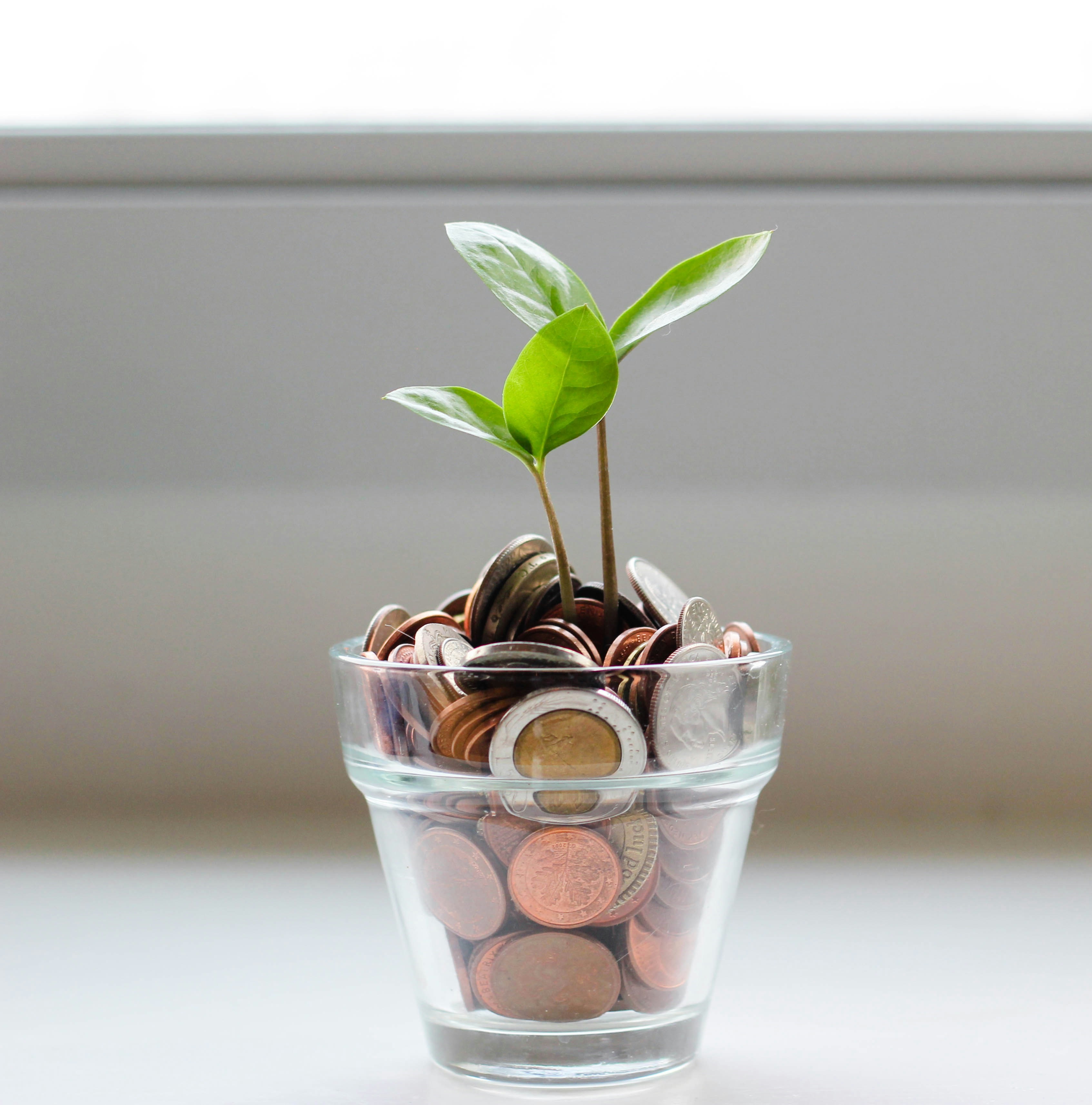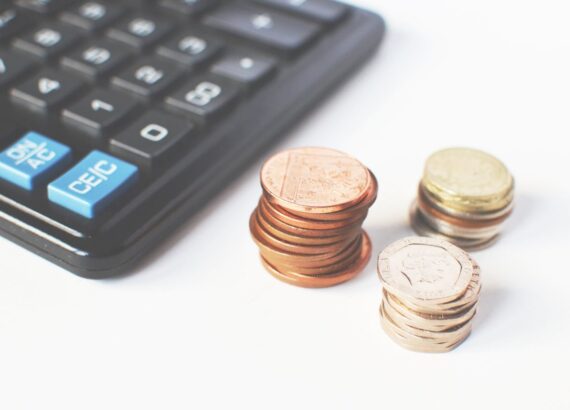
Expense tracker for beginner
Affiliate links may be used in this post. I may receive a small commission at no extra cost to you if you make a purchase through my affiliate link. Read my full disclosure policy here.

Hey there! In today’s fast-paced world, keeping tabs on our finances is more important than ever. But where do you start? One of the best things you can do is start tracking your expenses. And don’t worry—it’s not just about writing down numbers. It’s about getting a clear picture of where your money is going so you can make better choices and, ultimately, feel more in control of your financial life.
Shining a Light on Your Finances
When you start tracking your expenses, you’re basically turning on the lights. It shows you where your money is coming from, where it’s going, and how it’s impacting your day-to-day life. This awareness is a game-changer because it helps you make smarter financial decisions and sets you on the path to success.

The Power of Budgeting and Planning
Budgeting might sound like a chore, but it’s actually your best friend when it comes to managing money. By tracking your expenses, you get a clearer idea of your spending habits. This makes it easier to create a budget that actually works for you and aligns with your financial goals. Think of it as your roadmap, guiding you towards where you want to go financially.
Spotting Trends and Changing Habits
One of the coolest things about tracking expenses is how it reveals patterns in your spending that you might not have noticed before. Are you spending more than you realized on takeout? Maybe you’ve got a few subscriptions you forgot about? Once you spot these trends, you can make changes that free up money for what really matters to you.
Making Better Financial Decisions
When you’ve got a handle on your expenses, making financial decisions becomes so much easier. You can see at a glance whether that new gadget is worth it or if you should save those dollars for something else. Tracking your expenses gives you the discipline to avoid impulse buys and stay focused on what’s really important to you.
The Bottom Line: Tracking Expenses is Empowering
So, why bother with tracking expenses? Because it’s more than just a task—it’s a powerful way to take control of your financial life. It helps you make intentional choices and move toward a secure financial future. Whether you’re saving up for something big, building an emergency fund, or just trying to get through the month, tracking your expenses is the first step toward financial freedom.
Step by Step, Little by Little....
Step 1: Define Your Expense Categories
- Let’s get started! The first thing you’ll want to do is set up some categories for your expenses. Think of these like buckets where you’ll organize all your spending. Common categories include:
– Housing (rent/mortgage, utilities, property taxes)
– Transportation (car payments, fuel, public transportation)
– Food (groceries, dining out)
– Insurance (health, auto, home)
– Debt Payments (credit cards, loans)
– Entertainment (movies, concerts, subscriptions)
– Personal Care (healthcare, beauty products)
– Education (tuition, books, courses)
– Savings and Investments
– Miscellaneous (unexpected expenses, gifts, donations)

Step 2: Make it Personal
These categories are just a starting point. Feel free to customize them to fit your life. For example, if you travel a lot for work, you might want a separate category for business travel. Or if you have a hobby that costs money, like photography or playing an instrument, add a category for that too.
Step 3: Use Tools that Work for You
Now that you’ve got your categories, it’s time to start tracking! There are lots of tools out there to help you with this. You can grab a free printable spending tracker template online or even just jot things down in a notebook. The important thing is to record the Date, Spend Category, Spend Detail, and Amount. Keeping it simple will help you stay consistent.
Step 4: Keep it Consistent
Speaking of consistency, it’s key to making this whole thing work. Make it a habit to record your expenses regularly—whether it’s daily, weekly, or monthly. Set aside some time to go over what you’ve spent, organize it into categories, and make sure your records are accurate.
Step 5: Review and Adjust
Every so often, take a step back and look at your spending. See if you can spot any trends—like areas where you’re overspending or opportunities to save. This review process is super valuable because it gives you insights into your financial habits and helps you make better decisions moving forward.

Final Thoughts: Start Tracking Today
If you’ve been thinking about getting a better handle on your finances, don’t wait. Start tracking your expenses today, and if you can, go back a couple of months to see where your money has been going. This little exercise will give you a clearer picture of your spending patterns and help you take control of your financial future.
I hope this friendly guide makes the process of tracking your expenses feel a little less daunting and a lot more doable. Start today, and watch how it transforms your approach to money! Share with us your approach tracking expenses in the comment below.
If you need more resources, here is my article: Mastering Money
If you do not know where to start, get my Expense tracker HERE!




Comments (1)
Kristopher Wallace
April 28, 2024 at 7:17 pm
I like the efforts you have put in this, regards for all the great content.
Comments are closed